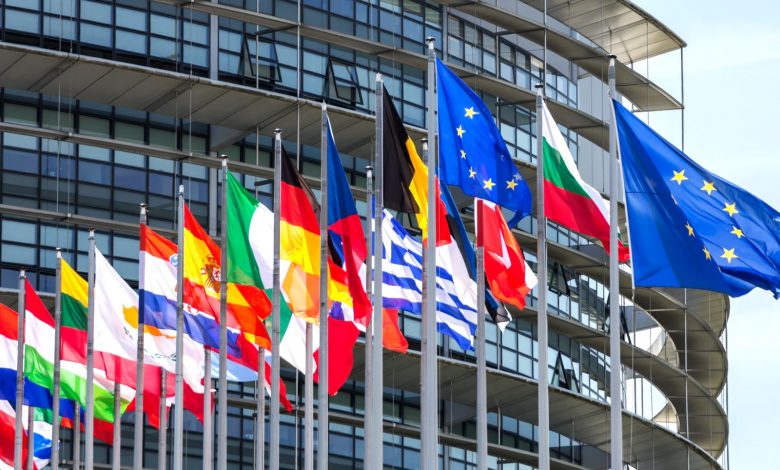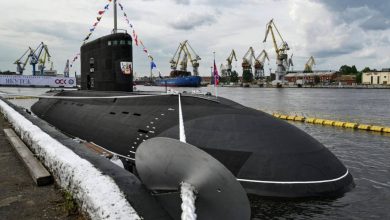EU calls Quran burning ‘clear act of provocation’

The European Union criticized the recent Quran burning in Sweden, terming it “offensive,” “disrespectful” and an “act of provocation.”
“Manifestations of racism, xenophobia and related intolerance have no place in Europe,” Nabila Massrali, the EU spokesperson for foreign affairs and security policy, said in a statement on Saturday.
“The EU joins the Swedish Ministry of Foreign Affairs in its strong rejection of the burning of a Quran by an individual in Sweden. This act in no way reflects the opinions of the European Union.”
She added, “It is even more deplorable that such act was carried out during the important Muslim celebration of Eid al-Adha.”
Another act of burning the Quran in Sweden under the pretext of “freedom of expression” has drawn strong condemnation from the Muslim world, further risking Stockholm’s efforts to gain Ankara’s approval to join NATO.
Sweden’s Prime Minister Ulf Kristersson said at a news conference that the action was permitted under the country’s freedom of expression laws, but was not appropriate.
Turkish Foreign Minister Hakan Fidan condemned the protest and said it was unacceptable to allow anti-Islam protests in the name of freedom of expression.
Türkiye and other countries strongly condemned the provocative act, as they urged Swedish authorities to take action to prevent similar incidents in the future.
The Organisation of Islamic Cooperation (OIC), an intergovernmental organization of 57 countries, headquartered in Jeddah, urged concerned governments around the world to “take effective measures to prevent its recurrence.”
The incident could pose a serious problem for Sweden’s NATO membership application, which they submitted more than a year ago and has been held up partly because of similar incidents in the past.
Finland, Sweden and Türkiye had agreed to hold a high-level meeting in Brussels before the July 11-12 NATO summit in the Lithuanian capital, Vilnius, however the latest incident risks annulment of the meeting.
In the wake of the Russian invasion of Ukraine, Sweden and Finland applied for NATO membership in May 2022.
Finland has been a member of the alliance since April 2023, while Sweden still lacks Türkiye’s and Hungary’s approval.
Ankara is blocking Sweden’s accession mainly because Sweden is taking insufficient action against terrorist organizations in the country.





